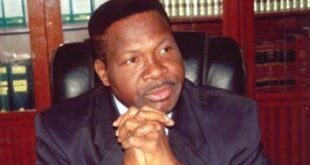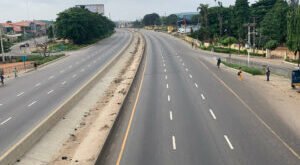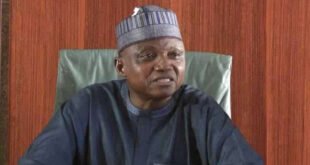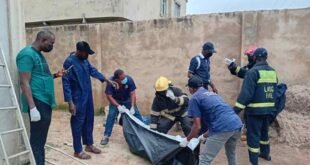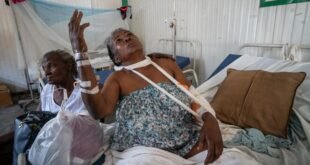The World Bank has given a serious view for the future of the Nigerian economy, projecting an increase
According to the report, Nigeria, the most populous country in Africa and one of its largest economies, continues to face significant structural and institutional challenges that damage their capacity to reduce poverty significantly. Although simple growth in the non-miny sector, the World Bank warns that the economic fragility is rooted in, excessive dependence on oil income, and weak governance structures are likely to cancel the benefits made.
“Poverty in countries that are rich in resources, fragile, including large economies such as Nigeria and the Democratic Republic of Congo, are projected to increase by 3.6 points of percentage between 2022 and 2027,” the report said.
This projection came against the background of the ongoing Nigerian struggle to diversify its economy and improve governance. The World Bank noted that while the last quarter of 2024 showed signs of growth in the non-miny sector, it was impossible to produce broad-based poverty reduction without fundamental reforms in public finance and accountability.
This report illustrates a broader picture of economic pressure throughout the continent, which states that Africa Sub-Sahara remains the poorest region in the world, with 80% of the 695 million people who are very poor in the planet living there in 2024. Nigeria, along with three other African countries, is half of 560 million very poor regions.
Also read: Nigerian Prosperity, African Blue Profiles for Success – World Bank
In comparison, South Asia is home to only 8%of the very poor world, East Asia and 2%Pacific, the Middle East and North Africa 5%, and Latin America and 3%Caribbean.
The World Bank connects Nigerian poverty metrics that deteriorate with a close but unsettling pattern: countries that are rich in natural resources but are disturbed by fragility or conflict tend to have the highest poverty level. In 2024, these countries saw an extreme poverty rate of 46% -13 higher percentage points than their more stable colleagues.
Conversely, African countries that do not depend on oil or better natural resources. Driven by high agricultural commodity prices and more resilient public policies, these countries enjoy stronger economic growth and faster poverty reduction.
To change courses, the World Bank urged Nigeria’s leadership to adopt reforms that focus on inclusive growth and improving public financial management. “Strengthening fiscal governance and building more transparent relationships, responsiveness between the government and citizens is important,” suggested the report.
When millions of Nigerians continue to navigate the strong reality of increasing inflation, high unemployment, and the middle class, the warning of the World Bank functions both as a summons and requests for transformative leadership.
“Inclusive development cannot wait,” the report concluded. “The road to poverty alleviation lies in a formidable institution, citizen trust, and economic diversification – before the window of opportunities is closed further.”
Join the conversation
Supports Nigeria’s ripples, resistant Journalism Solutions
A balanced and fearful journalism that is driven by data comes with enormous financial costs.
As a media platform, we ask for leadership accountability and will not trade the right to suppress freedom and freedom of speech for a piece of cake.
If you like what we do, and ready to uphold journalism solutions, please donate to Nigerian ripples cause.
Your support will help ensure that residents and institutions continue to have free access to credible and reliable information for community development.
Donation now
 JamzNG Latest News, Gist, Entertainment in Nigeria
JamzNG Latest News, Gist, Entertainment in Nigeria




